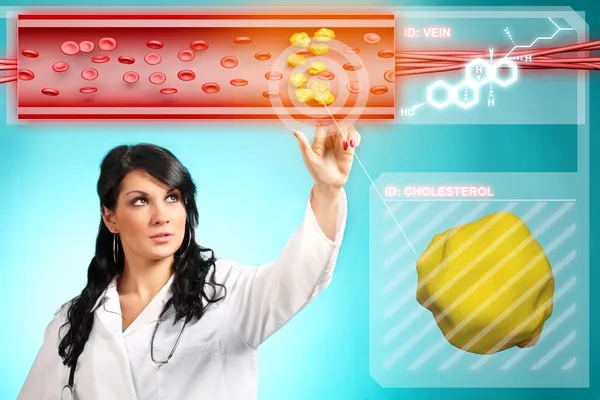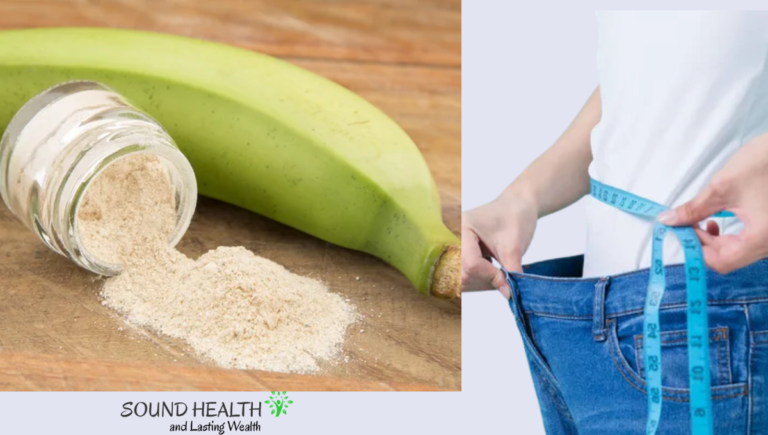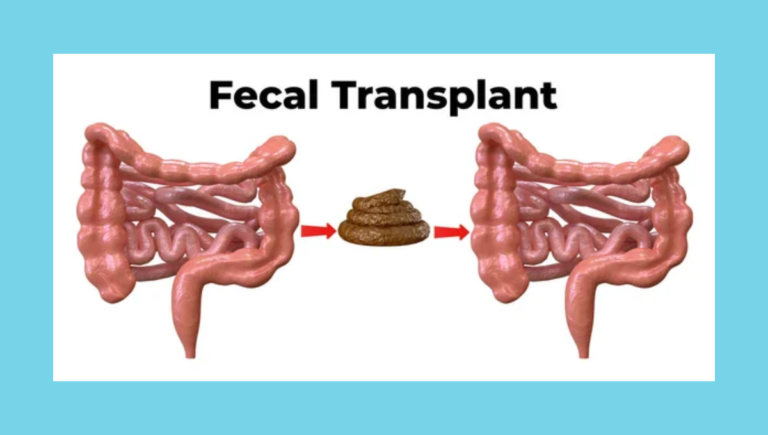Learn about the “7 foods which cause sagging” – Loss of skin elasticity or sagging is a concern that people of all ages face. Sagging skin is characterized by a loss in firmness and definition of the skin. This leads to wrinkles and visible drooping. Sagging skin can be identified by a number of signs.
- Skin that is loose and droopy, but does not bounce back easily
- The fine lines and wrinkles are more prominent
- Under the chin jowls, sagging cheeks
- Bags under the eyes that are visible
- Skin looseness on the neck, decollete and décolletage
- Skin crepey on the thighs, arms, or stomach
Sagging skin is primarily caused by aging, excessive exposure to the sun, and significant weight losses. But our can also be a factor. You may want to limit these 7 foods to keep your skin looking young and plump.
1. Sugary Foods and Drinks: These drinks and foods contain added sugars that contribute to the glycation process. Blood sugar spikes can damage the collagen and elastin proteins, which give skin its structure. This can cause sagging, wrinkles and loss of firmness.
2. Processed Meats – Processed meats such as hot dogs, sausages and bacon can be high in sodium and unhealthy fats. These substances can cause inflammation in all parts of the body, even the skin. Inflammation can cause collagen and elastin to break down, resulting in sagging skin.
3. Refined carbohydrates are rapidly digested and cause blood sugar levels rise and fall. This can cause the release of insulin. Insulin is a hormone which can damage collagen and promote inflammation.
4. Alcohol Excess: Alcohol is diuretic and causes fluid loss in the body. Dehydration may cause skin to appear wrinkled and saggy. Alcohol can also interfere with your body’s ability absorb essential nutrients for skin health such as zinc and vitamin A.
5. Fried Foods Fried foods contain unhealthy fats, and can cause free radicals. Free radicals can damage skin and speed up the aging process. Fried foods are high in fat, which can also cause inflammation.
6. Increased Salt Consumption: Excessive salt intake can cause fluid retention in the body, resulting in puffiness and bloating. It can cause skin to appear saggy, and lose definition. Salt can also irritate skin and cause inflammation.
7. Artificial Sweeteners. While artificial sweeteners may be seen as a healthier alternative to sugar in some cases, research has shown that they can have negative effects on the skin. Artificial sweeteners have been linked to inflammation and collagen breakdown in some studies.
ALSO READ Best non-surgical treatments to tighten loose sagging skin
FAQs
What natural methods can you use to tighten skin that is sagging?
Natural remedies, such as facial exercise, topical treatments, like retinoids and maintaining a health lifestyle, with a balanced diet, regular exercise and a healthy diet, can tighten the skin over time.
Does exercise help to improve sagging skin
Regular exercise can boost the production of collagen, improve circulation and promote skin health. This may reduce the appearance sagging.
What is the time frame for changes in diet to have an impact on skin health?
Although individual results can vary, skin health improvements are often noticeable within weeks or months after making dietary modifications, especially when they are combined with other lifestyle changes.
Can supplements help to improve skin elasticity
When taken in conjunction with a skincare routine, supplements such as vitamin C, collagen peptides and hyaluronic acids can help to improve skin elasticity.
Is sagging skin reversible?
It may not be possible for sagging skin to be completely reversed, but adopting a healthy life style, such as a nutritious diet and skincare routines and perhaps medical interventions, like cosmetic procedures, will help improve the appearance of sagging and slow further degradation.
Which vitamin deficiency is responsible for sagging skin?
Vitamin C deficiency causes the most sagging of skin. Vitamin C is necessary for collagen production which gives skin firmness and elasticity. Vitamin C is essential for collagen production, which results in a thinning and fragile skin.
A vitamin E deficiency may also cause sagging, as it can hinder lipid protection and damage tissue by free radicals. This will accelerate sagging. Deficit in vitamin A may also cause the buildup of dead skin cells on your skin surface. This can lead to wrinkled, dry skin with scaly patches. A zinc deficiency may also cause sagging, wrinkled skin and loss of elasticity.
It is important to eat a healthy diet that’s rich in vitamins, nutrients and other substances to prevent skin sagging due to vitamin deficiency.









+ There are no comments
Add yours